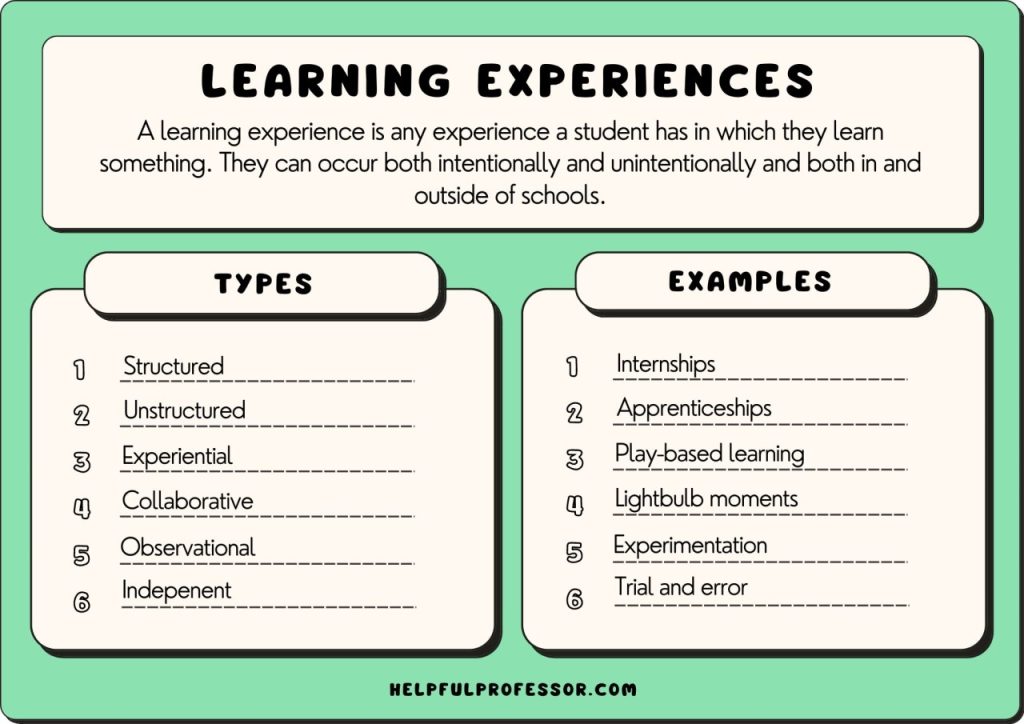Language development is a crucial aspect of a child’s growth and learning process. It lays the foundation for effective communication, literacy skills, and cognitive development. In alternative schooling and education settings, language development is often approached in unique ways that cater to individual students’ needs and learning styles.
One key aspect of language development in alternative education is the emphasis on experiential learning. Instead of traditional rote memorization or standardized testing, students are encouraged to engage in hands-on activities that promote language acquisition naturally. This could include projects where students need to communicate with each other effectively, presentations that require public speaking skills, or field trips that expose them to new vocabulary and concepts.
Another important factor in language development within alternative schooling is the focus on creating a supportive and inclusive environment. Teachers strive to create classrooms where all voices are heard and respected, allowing students to feel comfortable expressing themselves without fear of judgment. This nurturing atmosphere can significantly boost language skills as students become more confident in using words to convey their thoughts and emotions.
In addition, many alternative schools incorporate arts-based approaches into their language development curriculum. Activities like drama performances, music classes, or visual arts projects not only foster creativity but also enhance linguistic abilities by encouraging students to explore different forms of expression beyond traditional writing exercises.
Furthermore, technology plays a significant role in enhancing language development within alternative education settings. Interactive online platforms, educational apps, and multimedia resources can provide engaging opportunities for students to practice reading, writing, listening, and speaking skills in a dynamic way that aligns with their digital-native upbringing.
Overall, language development in alternative schooling goes beyond mere academic achievement; it aims to cultivate well-rounded individuals who can articulate their ideas effectively while embracing diversity and creativity in communication. By incorporating experiential learning methods, fostering supportive environments, integrating arts-based approaches, and leveraging technology tools effectively – educators can ensure that every student has the opportunity to thrive linguistically within an alternative educational setting.

Leave a comment